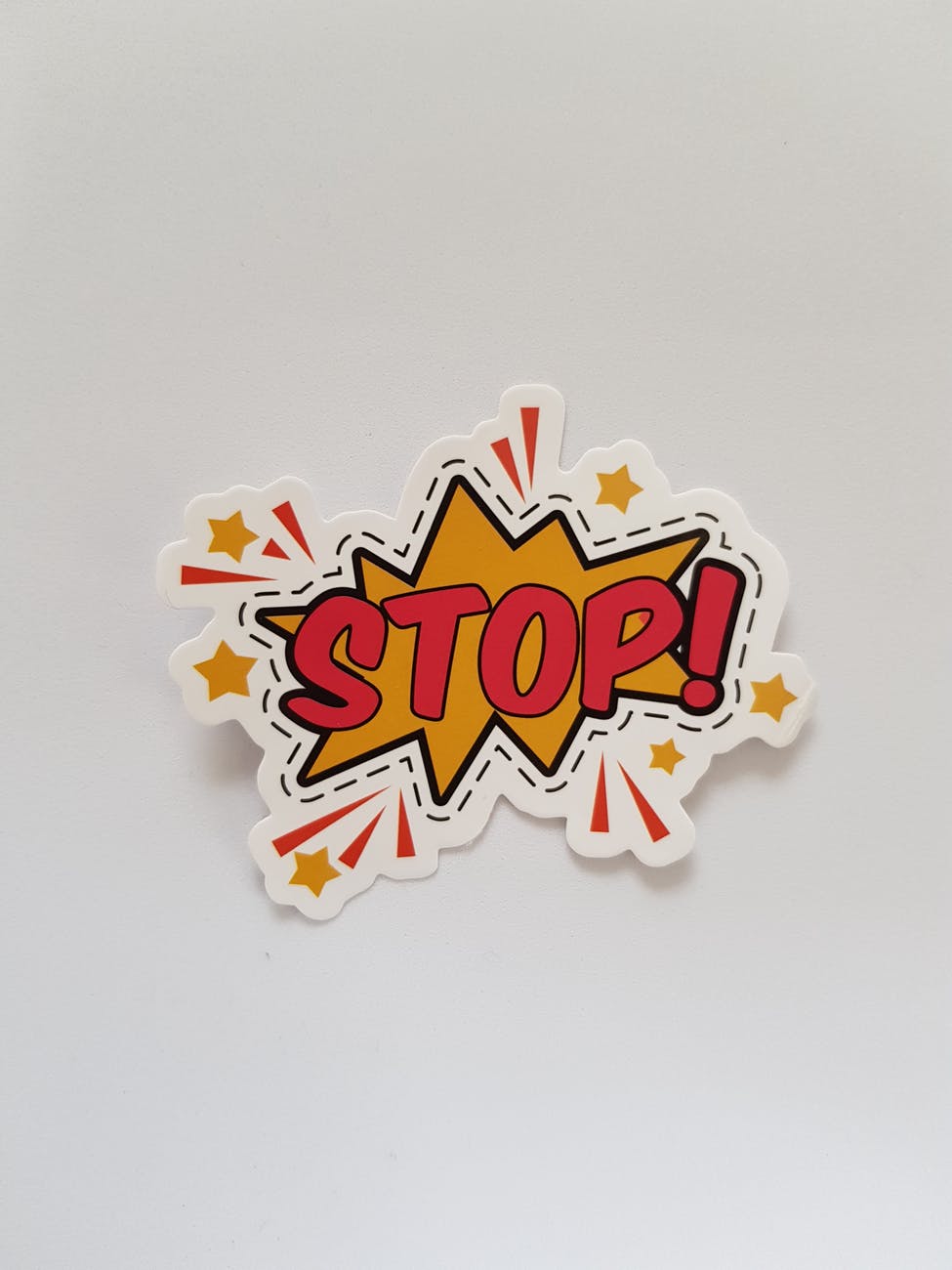It’s a frequent refrain in my therapy office: “I’m a people-pleaser.” Clients say this to me all the time, often by way of explaining their willingness to sacrifice their own well-being for that of others — even sometimes for people with whom they barely have a relationship. Sometimes, it’s almost said with pride: “I like to make other people happy.” And that’s a generous notion–but I think for many pleasers, the desire to please others can erode one’s own happiness in ways that are hard to repair.
For many, the desire to please others stems from an internal need for validation and feeling needed. Without the obvious, overt approval of others, pleasers may struggle with confidence, feeling accepted, or believing that they are part of the group. Pleasers believe that by saying “yes” to whatever is asked of them, they can elicit the goodwill of others and solidify their belonging. However, for many, the need to please can have negative effects including increased stress and anxiety, feeling overloaded or overwhelmed, losing touch with one’s sense of self, lack of depth in relationships, and more.
In order to create and maintain healthy relationships, it is critical that we have healthy boundaries and effectively advocate for ourselves in maintaining them. So if you think you have a tendency to be a pleaser, here are some strategies you can use to strengthen your boundaries and start to create change:
- Challenge your automatic responses. Over time, pleasers develop an almost automatic “yes” response to requests from others. When this habit becomes deeply ingrained, it can start to feel like we don’t have a choice — especially as relationship patterns form and others start to expect a pleaser to give the yes. This becomes a tough cycle that is hard to break out of. One of the most powerful thing you can do is to challenge this notion for yourself, realizing that you always have a choice in how you respond to a request from someone else — no matter who they are.
- Consider your context. The desire to say “yes” to any request can have the effect of disturbing one’s priorities and making it difficult to dedicate needed time to things that are really important. Considering your context means having a firm grasp on your priorities, so that when a request comes, you can do a quick inventory of whether and how the request fits.
- Separate your desire to say “yes” from the “yes” itself. Part of wanting to please is wanting to convey your care for another person. This can work to the recovering pleaser’s advantage in several ways: first, because validation and empathy are always good and healthy in a relationship; and second, because you can sometimes powerfully express the desire to say yes while still giving a “no” to the underlying ask. For example, imagine a friend says to you, “hey, I’m trying to save some money on this move, do you think you could come over on Saturday and bring your truck so we could spend the day getting some of the small stuff moved?” While your instinct might be to say, “sure! What time should I come over?,” try saying instead, “I would really love to be able to help you…” or “I really want to see if I can make that work…” This response tells the asker that you understand and care about their request, and allows you to…
- Take your time to give a final answer. Once you’ve said that you care about the request, you can carve out some time for yourself to really figure out if you can make it work. This might mean 5 minutes, a few days, or anywhere in between. During that time, you can not only work out the logistics of the request, but consider how it fits in with your priorities and your desires, as well. When you go back to give your answer, you can genuinely say, “I’ve thought about it unfortunately I don’t think I can make that work this time.”
Pleasers come from a good place. But the unbridled effort to make others happy is often detrimental to one’s own well-being. Luckily, there are relatively straightforward things you can do to move the needle on your tendency to please, and carve out more space for your own fulfillment.
Lindsey M. Hoskins, PhD, LMFT/LCMFT provides couple, family, and individual therapy in both our Bethesda and Sterling offices, as well as virtually to those in either Maryland or Virginia. Call or email today to set up your first appointment or a complimentary consultation with Lindsey or another member of the team.






